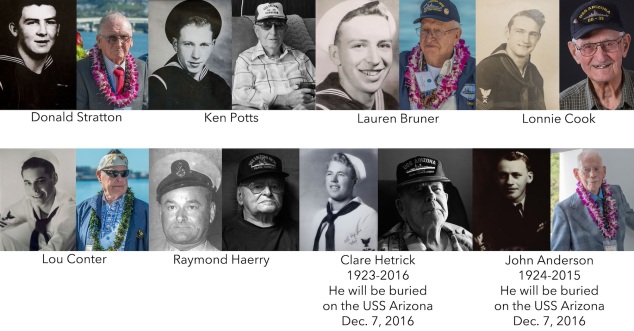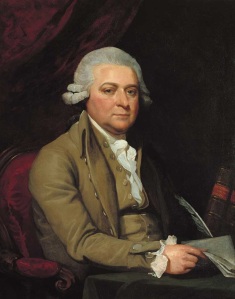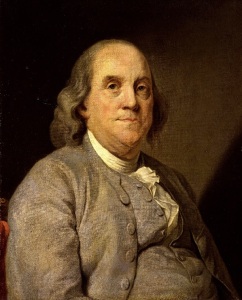True/False Film Festival, 2020, Film One: Where Have I Been?
It’s been a long time since I’ve bought a weekend pass to Columbia, Missouri’s famous documentary film festival. It has been too expensive for us lately, is too time consuming for a family with two dog children at home, and too challenging for two people to make commitments to the same five to ten films. So, like recent years, we have tickets to only two films. The first was Saturday, Garrett Bradley, Kellen Quinn, and Lauren Domino’s decade’s-long production Time.
It’s been a long time since I have sat down to create a new entry in my blog, having dedicated myself almost exclusively to reading and new places of employment, to the detriment, too often, of my wife and home. Settling into a velvety seat in Jesse Auditorium with a thousand other festival-goers inspired me to write again, although I can’t say it will become routine again. Actually, it may have been the film itself that inspired me.
It’s been a long time, but for me that time has flown by, filled with love and pain, wins, and losses, lots of television, and more than 100 books read. For the Rich family, time may have seemed crawl, while for nearly twenty years Sibil “Fox” Rich raised six boys alone; her husband behind bars in a Louisiana state prison. He was there for a stupid mistake while the young family was facing desperate times.
I had read “mandatory minimum sentence” in the film’s description and immediately thought, “Oh no, here is another story about ridiculous drug crime sentences that have inequitably punished people of color and lower incomes much more than others.” In the first minutes of the film I was relieved–relieved!–to find out that it was actually armed bank robbery that incarcerated a father of six. I could feel better about the long sentence.
I wrote a paper, near the end of my time in college, on capital punishment. I came to the conclusion that there are times when the good of others calls for the death penalty, but it does not serve its purpose as a crime deterrent. No one expects to be caught, and few vary how much consideration they make before committing crimes of passion or desperation based on the possible sentence to follow it. But bank robbery itself is not a capital crime. It is also not a petty drug crime. Armed robbery is serious. Armed robbery deserves a hefty sentence. But should six innocent children bear a significant part of that punishment?
Of course we must take responsibility for our actions, even if that means our own families and friends suffer unfairly. But Time asks us why our justice system does everything it can to keep its inmates–even first-offenders–inside instead of making efforts to reform them and return them to normal lives. After more than a decade of good behavior by her husband, Sibil is told by a judge that if he is released early, all the other prisoners will want their sentences reduced, too. So what!? That is your job, judge! Keep the ones who need to stay. Review the cases of the ones who maybe don’t need to stay, and treat them independently and fairly.
If I hadn’t been told about the crime behind the incarceration, I would have believed I was watching a beautiful, otherwise healthy and successful family, with a father missing only for some small reason; kids graduating from college despite an absent parent owing mostly to injustice and inequality. That was not the story, however. Victims were scarred by the crime, and Sibil later made amends with them for her own participation. At their suggestion, she also apologized to her mother: No mom raises her children to be lawbreakers.
The heavy subject and artful presentation led me to believe I was into the third hour of the film before it ended, but in fact the film’s length is less than ninety minutes, again pointing out time’s fleeting nature. Kids grow up so fast in fleeting time; shouldn’t a father who made one terrible decision be there with them for some of it, so that they can make better ones?
It’s almost nine a.m., and I have to stop writing, and do some work before another film tonight.
Time is up.



 What I have found sacred lately is the daily routine that includes getting up, going to work, coming home, going to bed, repeat. There is a lot more to it than that, of course, but that is what the people that make up the workforce generally consider the basics of it. We live to work, and vice versa, and that is pretty much true for most of us. I’ve been among the many who have been fortunate to be confidently employed for the last seventeen years, and all but six months of my post-graduate life.
What I have found sacred lately is the daily routine that includes getting up, going to work, coming home, going to bed, repeat. There is a lot more to it than that, of course, but that is what the people that make up the workforce generally consider the basics of it. We live to work, and vice versa, and that is pretty much true for most of us. I’ve been among the many who have been fortunate to be confidently employed for the last seventeen years, and all but six months of my post-graduate life.

